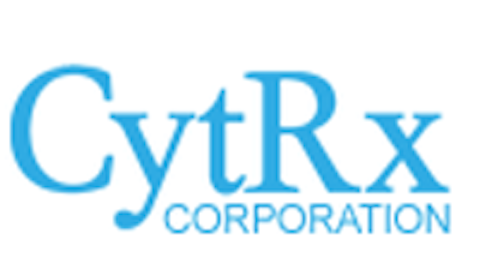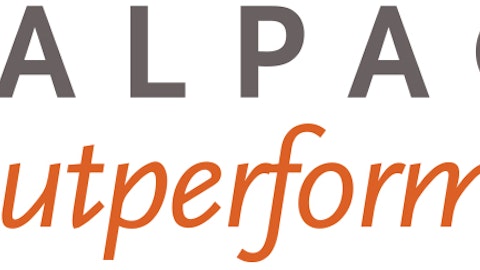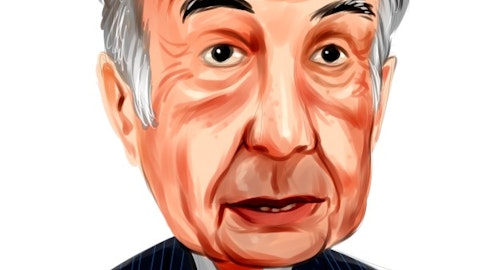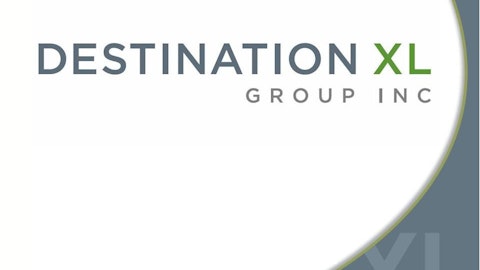Many ‘hedgies’ purchased shares of BJ’s Restaurants, Inc. (NASDAQ:BJRI) during the fourth quarter of 2013, including Steven Cohen of SAC Capital Advisors, Israel Englander of Millennium Management and Andrew Wallach of Cumberland Associates. Among other shareholders of the restaurant group Ken Griffin of Citadel Investment Group, John Overdeck and David Siegel of Two Sigma Advisors and Ward Davis and Brian Agnew of Caerus Global Investors.

BJ’s Restaurants, Inc. (NASDAQ:BJRI) is a $1.0 billion market cap company that operates 147 “casual plus” dining restaurants across 17 states in the U.S., with a high concentration in California, Texas and Florida. The stock has been a weak performer, declining 6% in 2013 due to earnings disappointments on the back of overall sales declines across the casual dining industry. However, its fortunes changed in early March 2014, when two hedge funds, Christian Leone’s Luxor Capital and Patrick Walsh’s PW Partners Atlas Funds, disclosed a combined 12.4% stake in the company with plans to nominate five directors to its board at its upcoming annual shareholder meeting this year. Separately, a fund managed by Greg Taxin’s Clinton Group also announced a 0.5% stake in BJ’s with intentions to nominate five directors. According to a press release, the restaurant will review these nominations for possible inclusion in its proxy statement.
BJ’s Restaurants, Inc. (NASDAQ:BJRI)’s recent results have been pressured by weak volumes and higher promotions amid intensified competition among casual dining restaurants, which have suffered through their fifth straight year of declining traffic. To counter this headwind, the company announced plans to generate higher returns from new restaurant formats while reducing operating and occupancy costs. In longer term, the restaurant is targeting 2% comparable sales growth, 230 bps of operating margin improvement (versus 3.7% in 2013), 150 basis points of improvement in restaurant level cash flow (versus 17.5% in 2013), 220 basis points of expansion in return on invested capital (versus 5.8% in 2013) and $20 million of positive free cash flow (versus negative $16 million in 2013).
Although the company’s revenue growth has been better than average, much of this was due to promotions that ate into its profitability. In fact, BJ’s margins, whether measured on an EBITDA, operating, pre-tax or net income basis, are among the lowest in the industry. Even if management is successful in improving its profitability over the next three years, the operating margin of 6.0% would still trail today’s peer group median of 8.6%. On the flip side, BJ’s Restaurants, Inc. (NASDAQ:BJRI) has a clean balance sheet with no debt, $31 million in cash (or 3% of its market cap) and ample liquidity in the form of a $75 million credit line, while its free cash flow profile is improving and should be positive by 2016.
Following its recent sharp rally, the stock is trading at a forward EV/EBITDA multiple of 11.6X, in-line with its peer group of restaurants. This implies the market expects BJ’s to narrow its profitability gap with peers, monetize some of its assets (such as $15-20 million in owned properties) that can then be returned to shareholders, or a combination of both. It is still unclear what actions the activist investors might take but BJ’s Restaurants, Inc. (NASDAQ:BJRI) seems receptive to their activism, at least on the surface, which is a good initial sign that shareholder value creation will be at the top of management’s agenda.
Disclosure: none
Recommended Reading:
Luxor Capital Group Raises Stake and Goes Activist on BJ’s Restaurants, Inc. (BJRI)
Luxor Capital Group Reveales New Position in BJ’s Restaurants, Inc. (BJRI)
Ken Griffin, Citadel Own +5% Stakes In BJ’s Restaurants & Repros Therapeutics





